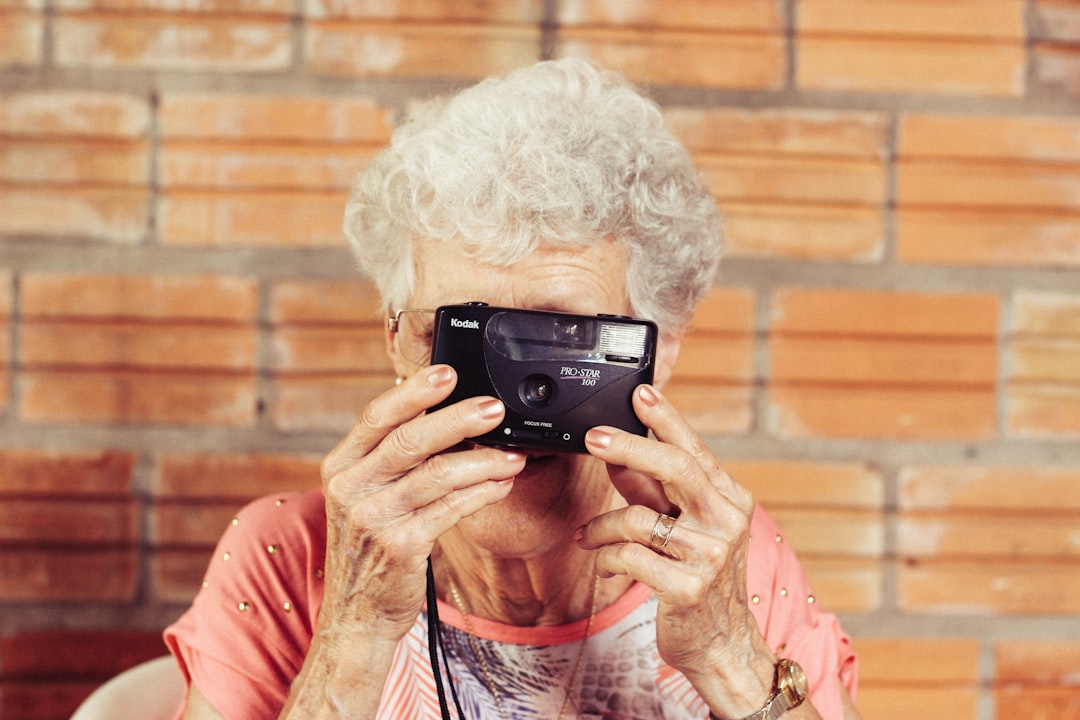What is it about?
Mindfulness and the science of heroism are both interested in selfless altruism. There is increasing evidence that mindfulness training delivers heroically relevant qualities such as increased attentional functioning, greater sensory awareness and conflict monitoring, increased cognitive control, reduced fear response, and an increase in loving kindness and self-sacrificing behaviors. Based on the concept of a “no self,” traditional mindfulness and its focus on enlightenment and selfless service appears suited to the creation of heroic character. This paper explores the theory, practices, and scientific outcomes of mindfulness. It finds that heroically relevant qualities are trainable with mindfulness techniques and that the experience of selflessness and service of others (the enlightened hero) may be within our grasp.
Featured Image
Why is it important?
Whilst the field of mindfulness and the emerging science of heroism have a common interest in the causes and conditions of selfless altruism though up to this point there has been little cross-pollination. This seminal paper bridges the much needed gap between the two fields and offers a way forward for both disciplines to engage. It also investigates how the traditional methods of mindfulness can deliver the the 'no self' enlightenment experience within which heroism is a spontaneous effect.
Perspectives
As mindfulness practices can both bring about the enlightenment experience and deliver scientifically verified outcomes that are relevant to the qualities of what it is to be a hero, this information is highly relevant today. Methods that can successfully cultivate the experience of happiness and selfless altruism, in a world challenged by mental health issues and political instability, deserves serious consideration.
Patrick Jones
Read the Original
This page is a summary of: Mindfulness-Based Heroism: Creating Enlightened Heroes, Journal of Humanistic Psychology, June 2017, SAGE Publications,
DOI: 10.1177/0022167817711303.
You can read the full text:
Resources
Contributors
The following have contributed to this page










